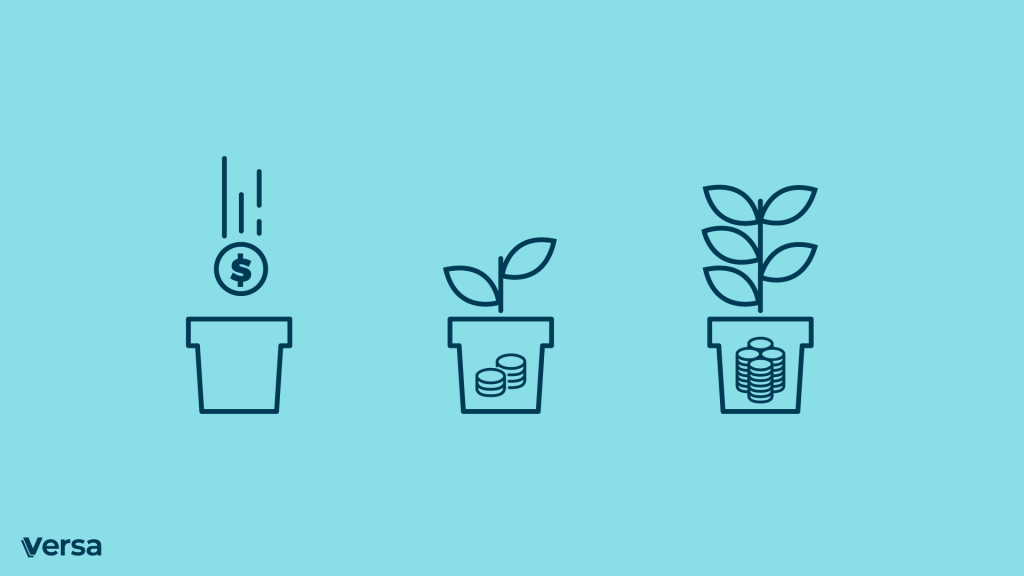
We share many tips on how we can save and where to cut our spending. But what about an entire mindset that can help you change the way you spend money?
Let’s talk about financial minimalism ?
Minimalism is the intentional choice to live with less and with only what you need.
For minimalists, a minimalist lifestyle frees them from physical, emotional, and financial burden. They prioritise what brings value in their life and remove anything that’s otherwise. It’s no surprise that this shows in the way they manage their personal finance. For example, one may opt to rent a room rather than a whole apartment even though they can afford it. This lets them save on utilities and rent.
Simply put, practising minimalism can help you declutter your life, be more eco-friendly, and most importantly, spend less.
Here’s how you can practice financial minimalism
1. Prioritise your spending ?
Minimalism can help you simplify your finances .
When your income comes in, immediately pay off what brings value to your life such as paying your house loan/rent, bills, groceries etc. Then you can decide the next areas in your life where you can add value. For example, providing allowance to your family or replacing a faulty household item.
By reprioritising your spending, this helps you cut out unnecessary spending. For things you don’t want to eliminate, opt for cheaper alternatives. For example, you can swap an expensive gadget with a more budget-friendly one.
2. Focus on your financial goals ?
Minimalism helps you reflect on your finances and focus on what you truly need. With less to spend on, this means you have more to contribute to your financial goals.
Your financial goals basically pave the way to higher value in life; such as having your own home, experiencing travelling overseas, or the freedom of owning your transport.
Reach your goals faster by saving in accounts that offer higher returns at a low-risk such as Versa Cash. Versa Cash lets you withdraw anytime so you don’t have to worry about lock-ins.
3. Practice mindful and intentional purchases ?

A huge chunk of our spending comes from our purchases.
So practise mindfulness when shopping. Before making a purchase, check your stock. By knowing what you have, you can avoid purchasing the same thing and buy what you need/complements what you have. If you are grocery shopping, check what it is in the pantry. Plan your meals ahead to ensure you use up what you have already bought. Same as anything else like shopping for clothes or tools.
Think carefully and consider the impact of your purchase in your life. Opt for quality over quantity as the former lasts longer.
4. Focus on reusables ♻
Each Malaysian household generated an average of 1.17kg of trash. That’s a lot!
Reducing your trash and focusing on reusing what you can isn’t just great for your pocket; it’s also great for the Earth.
Disposable water bottles? Buy a bottle.
Tapau? Bring your own tupperware.
Plastic bag? Tote bag.
Hotel? Trivago.
5. Re-examine your life regularly ?
Take the time to assess your spending habits. It’s easy to fall back on old spending habits; such as buying in-trend clothes or cool gadgets that you won’t use. This way you hold yourself accountable and eventually become more comfortable with spending less. If there are useless purchases, you can choose to give them away or sell them.
You can track your spending by using an app.
Last, but not least on financial minimalism:
It’s important to not fall into a trap of what an ideal minimalist life looks like. Think Kim K’s house: that’s not what we need.
Minimalism doesn’t mean you have to deprive yourself of things you want and enjoy. It’s about making a deliberate shift to living more simply and having more freedom from owning too many unnecessary things. So if you feel like your house is too cluttered and you want to simplify your finances, give minimalism a try.

